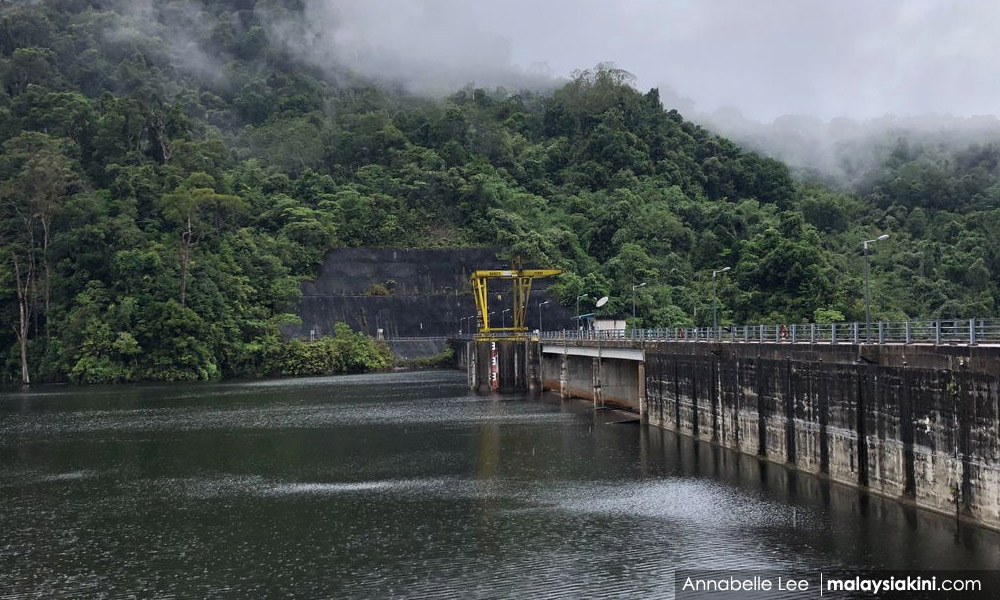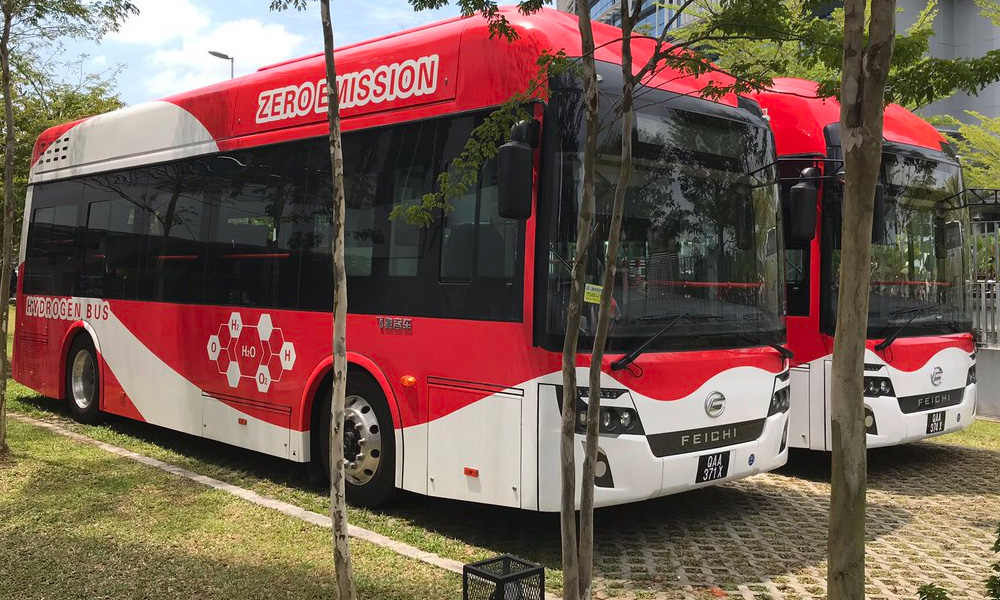While Bayan Baru MP Sim Tze Tzin has sounded the alarm over the declining birth rate of Chinese Malaysians and called for more to get married, I am more concerned about resource depletion due to overpopulation.
Marriage is always a personal choice, and no one should be pushed or pressured to tie the knot just for the sake of having children. I believe most will be annoyed or even offended if asked for reasons they have not gotten married or remain childless.
The United Nations has projected that the world’s population is expected to keep growing in the next decades and peak in the 2080s at around 10.3 billion. Another factor is that the global average life expectancy has increased over time due to improved healthcare and better quality of life.
Therefore, we should worry about the challenges that arise with population growth and an ageing population at that. There will be greater demand for resources such as water, food and energy. This can also strain infrastructure such as transportation and healthcare systems.
I feel the most uncomfortable with roads filled with cars, just like food outlets and shopping malls are always packed with people. The only time I am happy is when people have returned to their hometowns during holiday seasons or long weekends. That is when I can finally spend time in public, without too much noise and commotion!

Do not get me wrong here, I am equally happy for those who have found fulfilling relationships and are building families. But it is important not to impose expectations or judgments on others based on our own experiences or societal norms.
Hydrogen as renewable energy
As fossil fuels are the most widely used energy source, we need to find good alternatives to end our reliance on them. In addition to renewable sources such as solar, wind, hydroelectric and geothermal power, hydrogen can be the “new oil”!
Switching to hydrogen can contribute significantly to reducing global carbon emissions and countering depleting fuel reserves while powering vehicles, industry and heating homes and businesses.
For instance, Sarawak Metro Sdn Bhd has announced 55 additional hydrogen buses for its ambitious Kuching Urban Transport System (KUTS) project.
The hydrogen-powered buses will run on virtual tracks within dedicated lanes, with an anticipated driving range of about 300km, and emit only small quantities of steam water, no pollutants nor greenhouse gases.

Construction and operation of the hydrogen production plant and refuelling station were undertaken by Sarawak Energy in collaboration with Linde EOX Sdn Bhd to meet local demand for fueling hydrogen vehicles, similar to petrol stations for conventional vehicles.
By replacing kerosene with hydrogen, Airbus estimated that aviation emissions would be reduced by up to 50 percent. For this reason, it is an attractive fuel for the future.
Hydrogen development in Malaysia
While Malaysia is in the early stages of developing its hydrogen industry and economy, the country has significant potential to leverage its resources and strategic advantages to become a key player in this market.
The federal government launched the Hydrogen Economy and Technology Roadmap (HETR) in 2023 and this outlined ambitious goals aimed at positioning hydrogen as a versatile and sustainable energy carrier across various sectors.
Similarly, the Sarawak state government has implemented a hydrogen energy roadmap for the years 2005-2030 at the state level. It serves as a comprehensive strategy aimed at advancing various aspects of technological advancements, infrastructure development and regulatory frameworks within the region.

Apart from that, Sarawak has completed the feasibility studies for two major hydrogen manufacturing projects, H2biscus and H2ornbill, which are expected to be operational in Bintulu Petchem Industrial Park in 2027.
H2biscus and H2ornbill not only promote hydrogen production but also set the stage for developing new hydrogen-based industries such as the manufacturing of electrolysers, fuel cells and the green chemical industry.
Other than producing hydrogen for domestic use, Malaysia is determined to become a hydrogen export hub. In this respect, Sarawak had announced plans to commence hydrogen exports by 2027, notably to Japan and South Korea.
Continued advancements in hydrogen production technologies, such as electrolysis powered by sources like solar and hydroelectric power, could make hydrogen production more feasible and cost-effective in Malaysia.
Overall, the future of hydrogen in Malaysia looks promising with strong government support, technological innovation, abundant renewable energy resources, and potential economic benefits. - Mkini
CHONG YEN MEE is a climate change analyst by training and enjoys writing doomsday stories that make people act.
The views expressed here are those of the author/contributor and do not necessarily represent the views of MMKtT.



No comments:
Post a Comment
Note: Only a member of this blog may post a comment.